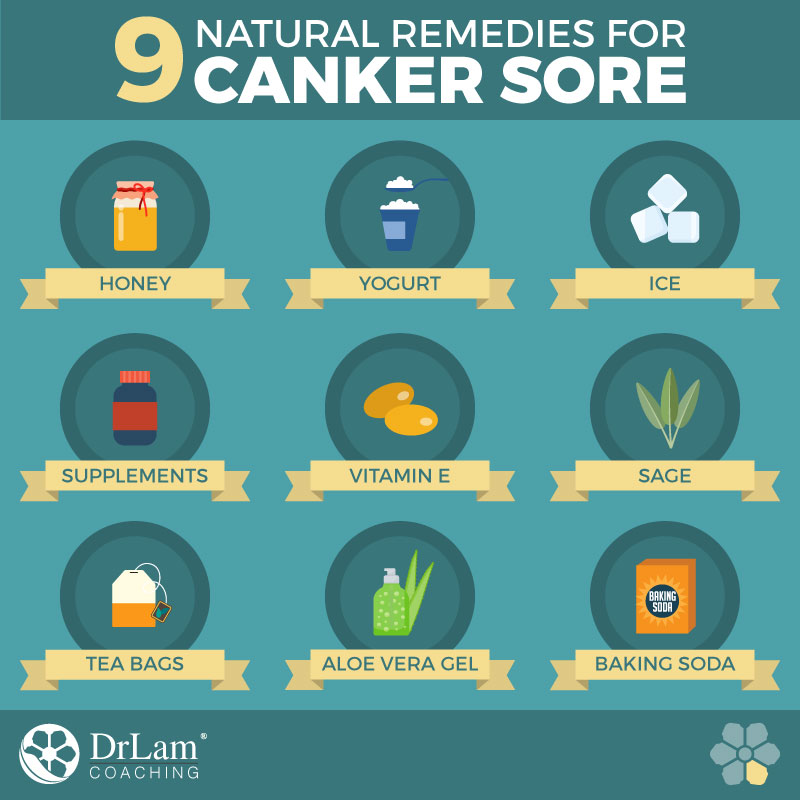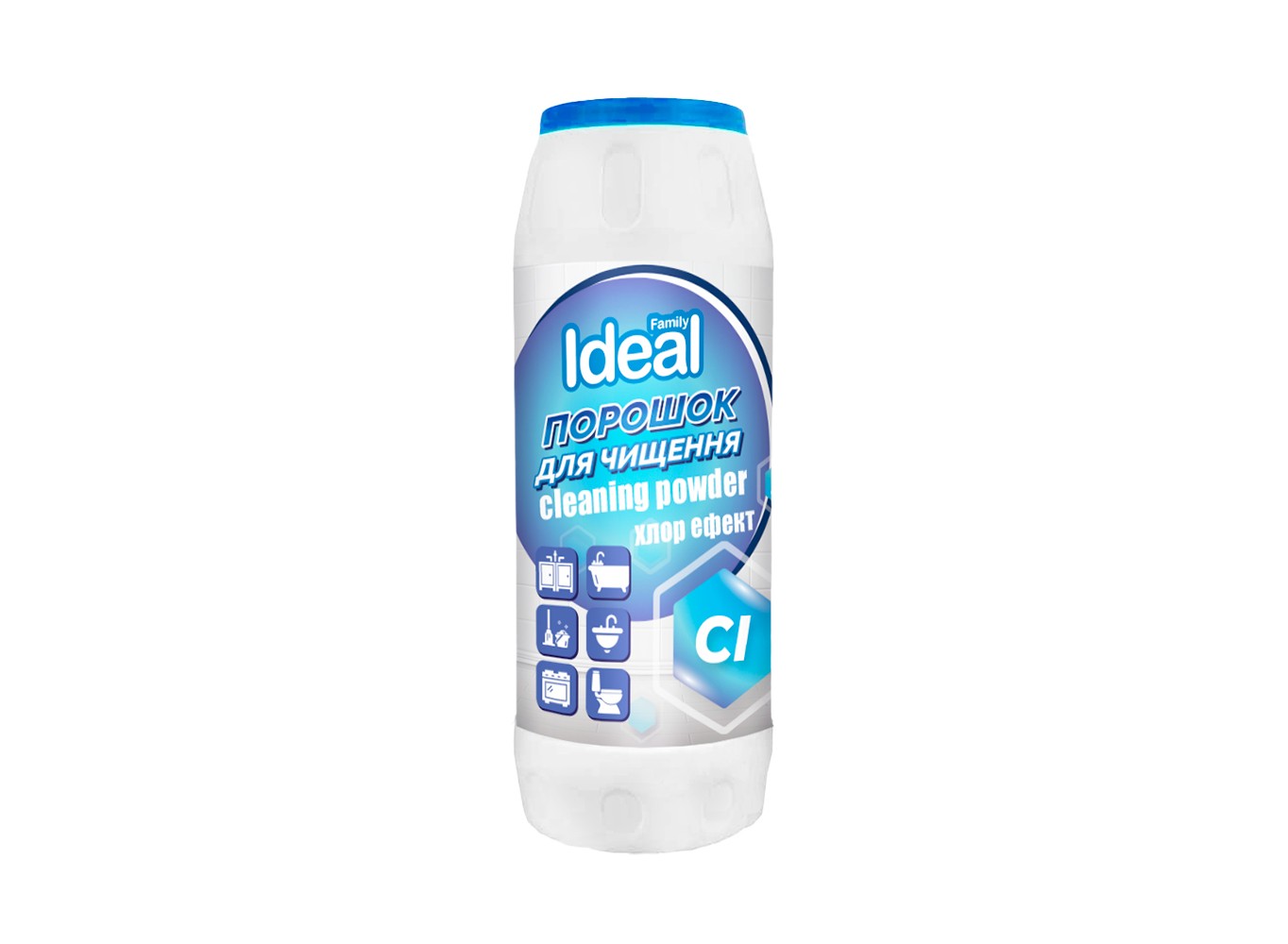Canker Sore Near Tonsils: Fast Relief Solutions

The dreaded canker sore, a small but fiery pit of pain that can disrupt even the simplest of daily activities, like eating or speaking. When it appears near the tonsils, the discomfort can be particularly vexing due to the sensitive nature of this area. Canker sores, also known as aphthous ulcers, are benign but can be a source of considerable distress. Understanding what they are, why they occur, and most importantly, how to find relief, is crucial for managing these unwelcome visitors.
What are Canker Sores?
Canker sores are small, shallow lesions that develop on the soft tissues in your mouth or at the base of your gums. They can appear as small, round, or oval-shaped lesions with a white or yellowish center, often surrounded by a red border. While their exact cause is not fully understood, factors such as stress, tissue injury, certain foods, and vitamin deficiencies are believed to contribute to their formation. Canker sores near the tonsils can be especially painful due to the rich supply of nerve endings in this area and the potential for irritation from swallowing or speaking.
Why Do Canker Sores Appear Near the Tonsils?
The tonsils, located at the back of the throat, are a common site for canker sores due to their rich blood supply and the constant flow of food, debris, and pathogens through the throat. The appearance of a canker sore near this area could be triggered by various factors, including:
- Viral or Bacterial Infections: Sometimes, canker sores can be a symptom of an underlying infection, particularly those affecting the tonsils or the throat.
- Mechanical Trauma: Accidental biting of the cheek or tongue, dental work, or even the rough edges of teeth or dental appliances can irritate the mucous membranes and lead to canker sore formation.
- Allergic Reactions: Hypersensitivity to certain ingredients in food or oral care products can trigger an allergic reaction, manifesting as a canker sore.
- Nutritional Deficiencies: Lack of essential vitamins like B12, iron, folate, or zinc can impair the body’s ability to heal and maintain the health of mucous membranes, leading to canker sores.
Fast Relief Solutions
While canker sores will heal on their own within a week or two, the pain and discomfort they cause can be managed with various remedies. Here are some solutions to find fast relief:
1. Topical Anesthetics:
Products containing benzocaine can numb the area, providing temporary pain relief. These are available over-the-counter in the form of gels, creams, or lozenges.
2. Salt Water Rinse:
Rinsing your mouth with warm salt water several times a day can help reduce swelling and ease pain. Mix 1 teaspoon of salt in 1 cup of warm water.
3. Milk of Magnesia:
Applying a small amount of milk of magnesia to the canker sore with a cotton swab can help neutralize the acid in the area and provide relief.
4. Aloe Vera Gel:
Aloe vera has anti-inflammatory properties that can help soothe canker sores. Apply aloe vera gel directly to the sore using a cotton swab.
5. Over-the-Counter Pain Relievers:
For pain that’s severe, over-the-counter pain relievers like acetaminophen (Tylenol) or ibuprofen (Advil) can help.
6. Avoid Irritating Foods:
Foods that are spicy, acidic, or sharp can irritate the canker sore. Opting for bland, soft foods can help reduce discomfort.
7. Stay Hydrated:
Drinking plenty of water helps keep your mouth moist and can aid in the healing process.
Prevention Strategies
While canker sores are not completely preventable, there are steps you can take to reduce their occurrence:
- Maintain Good Oral Hygiene: Regular brushing and flossing can reduce the risk of canker sores by minimizing irritation and trauma to the mouth tissues.
- Eat a Balanced Diet: Ensuring you get all the necessary nutrients, especially vitamins B12, zinc, and iron, can help prevent deficiencies that might lead to canker sores.
- Manage Stress: High levels of stress can trigger canker sores. Engaging in stress-reducing activities like meditation or yoga can be beneficial.
When to Seek Medical Attention
Most canker sores resolve on their own and do not require medical attention. However, if you experience any of the following, it’s advisable to consult a healthcare professional:
- Unusually Large Sores: Sores that are larger than usual or extremely painful.
- Fevers: If you have a fever alongside the canker sore.
- Difficulty Swallowing: If the sore makes it hard to swallow.
- Persistent Sores: Sores that do not heal within three weeks.
How long does it take for canker sores near the tonsils to heal?
+Canker sores near the tonsils, like those elsewhere in the mouth, usually heal on their own within one to three weeks. However, the healing time can vary depending on the size of the sore and the effectiveness of any treatments used.
Can canker sores near the tonsils be a sign of an underlying condition?
+Yes, recurrent or persistent canker sores near the tonsils could be indicative of an underlying condition such as a vitamin deficiency, an autoimmune disorder, or another health issue. If you're experiencing frequent canker sores, it's a good idea to consult with a healthcare provider to rule out any underlying conditions.
Are canker sores near the tonsils contagious?
+Canker sores themselves are not contagious. However, if the sore is triggered by an underlying viral infection, the virus causing the infection could be contagious. Practicing good hygiene, such as not sharing utensils or drinking glasses, can help prevent the spread of infections.
In conclusion, while canker sores near the tonsils can be a nuisance, understanding their causes, symptoms, and most importantly, how to manage them, can significantly reduce their impact on daily life. By applying the right remedies and taking preventive measures, individuals can minimize the discomfort and frequency of these lesions. Remember, if your symptoms persist or worsen, consulting a healthcare professional is always the best course of action to ensure your oral and overall health remains optimal.


